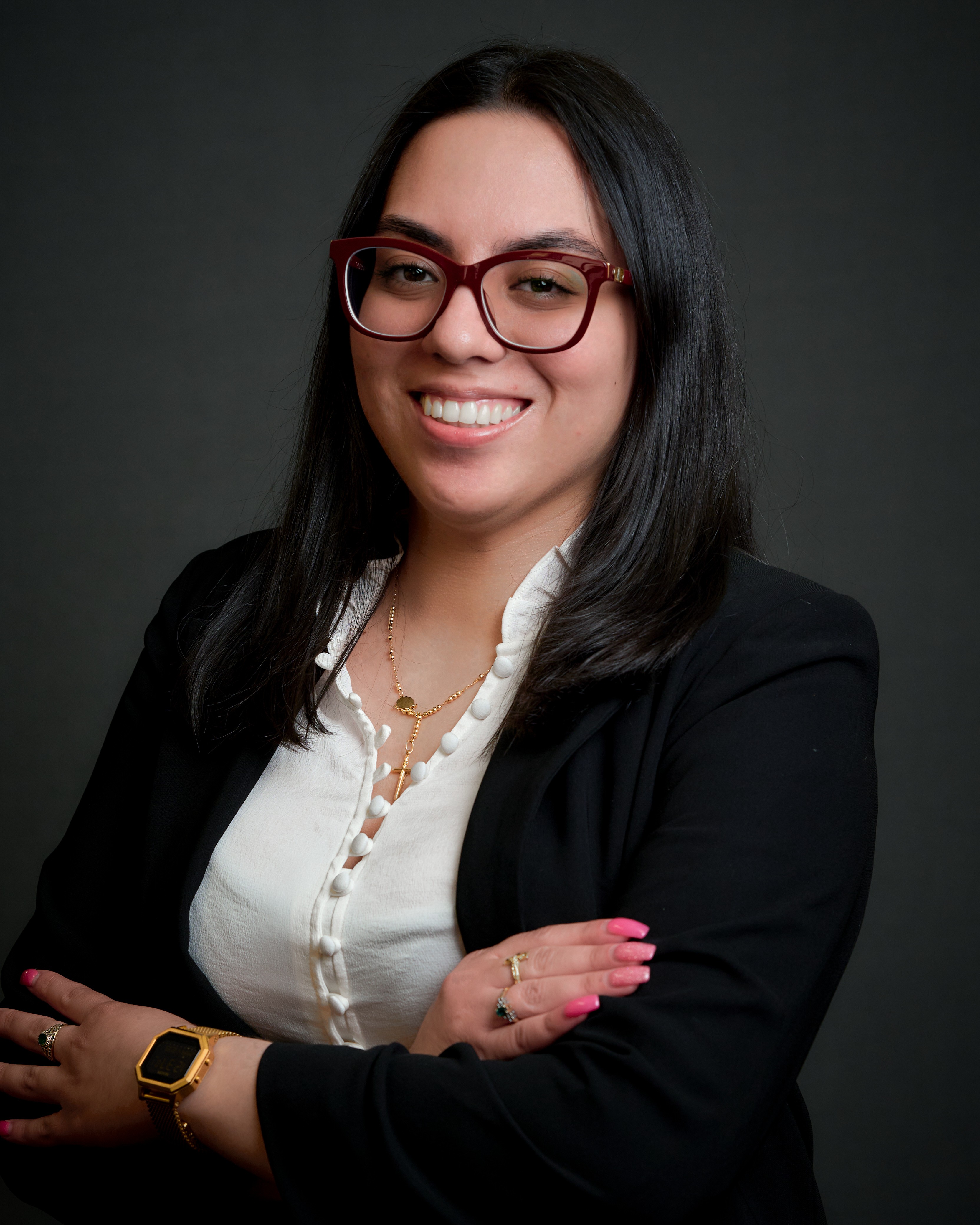The social work internship program at CancerCare serves as a second-year field placement for advanced clinical students who have an interest in the field of oncology social work. It offers students an opportunity to expand their knowledge of the physical, emotional, social and spiritual impact of cancer on a person’s life. Interns can refine social work skills pertinent to working with people who are living with cancer through individual counseling, support groups, education and resource navigation services. Populations include patients, caregivers and the newly bereaved. Supervision and mentorship are provided by oncology social workers specializing in psychosocial oncology.
Educational Objectives
Our program is guided by the Council on Social Work Education (CSWE) Social Work Competencies that graduating MSW students are expected to acquire in their master’s program. In addition to the CSWE competencies, this internship will:
- Integrate classroom theory and learning with practice in a real-world setting
- Broaden the social work student intern’s knowledge of oncology social work
- Address the multi-faceted experience and dynamics of a cancer diagnosis
- Build competencies related to crisis points in the cancer trajectory
- Educate the social work student intern on the different types of cancer and current treatments
- Develop the social work student intern’s understanding of how to address the psychosocial and practical needs of people affected by cancer
- Expand and refine fundamental clinical skills
- Provide training on an array of clinical modalities and evidence-based techniques
- Further develop the social work student intern’s professional identity as a social worker
Structure
The CancerCare Social Work Internship Program is comprised of both experiential and didactic components through the provision of direct services and participation in our comprehensive training program.
Direct services include:
- CancerCare Hopeline — Student interns will staff our national Hopeline alongside our social work staff providing information, education, financial assistance, support and referrals to callers impacted by cancer.
- Counseling Services — Interns will provide short-term, strengths-based counseling that is supportive as well as goal-oriented to address both the emotional and practical challenges that arise from cancer.
- Resource Navigation Services — Student interns will engage in our unique resource navigation model to provide essential cancer-focused guidance, information and resources to help clients better cope with cancer.
- Support Groups — Interns will have the opportunity to co-facilitate support groups via video-conferencing, over the telephone, in-person and online using a password-protected message board format.
- Community Programs — Interns can contribute to our community programs, including workshops for those impacted by cancer.
The Student Internship Training Program includes:
- In-Service Trainings — Trainings are facilitated by CancerCare Staff who have expertise on a variety of psychosocial oncology topics including cognitive behavioral therapy for cancer clinicians; evidenced-based interventive techniques; cultural humility; working with special patient populations; caregiver issues; end of life; grief and bereavement; and professional identity.
- Student Process Group — Group supervision provides a venue for student interns to further develop their clinical expertise in psychosocial oncology through discussion, clinical case presentations and mutual support.
- Supervision — Student interns receive dedicated supervision with their assigned field instructor, as well as task supervision with other staff.
- Professional Development Trainings — Students can also engage in monthly Social Work professional development trainings featuring guest speakers who present on an array of topics surrounding a cancer diagnosis, treatment and psychological/emotional impact.
Meet Our Current Students

Vanessa is a second-year Master of Social Work Student at Touro University. She attended John Jay College for her bachelor’s degree in human services. Vanessa’s professional areas of interest include working with adults, families and engaging in community advocacy.

Lindsay is a Master of Social Work student at Adelphi University. She attended Indiana University for her bachelor’s degree in social work. Lindsay’s professional areas of interest include working with children, trauma-informed care and advocacy and empowerment.

Kaitlyn is a second-year Master of Social Work student at Columbia University. She attended the University of Michigan for her bachelor’s degree in psychology. Kaitlyn’s areas of interest include working with children, adults, and groups navigating trauma, bereavement and life changes.
